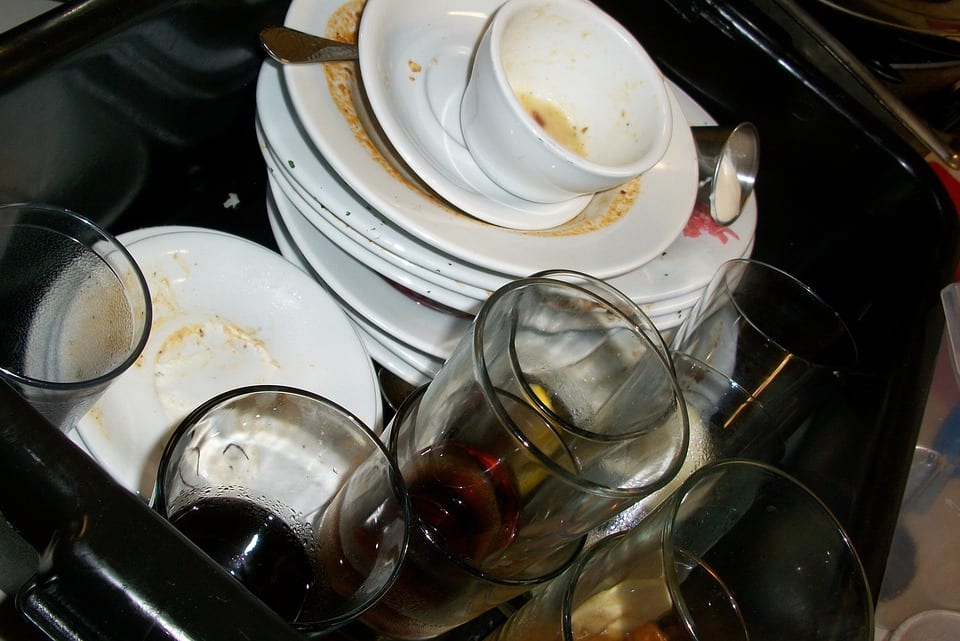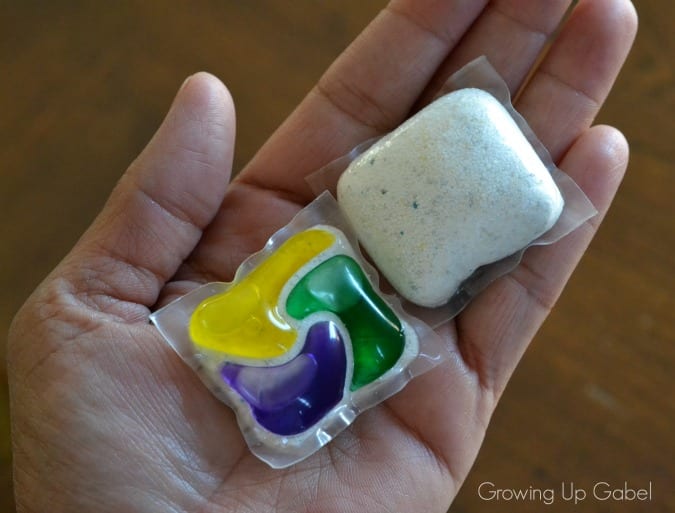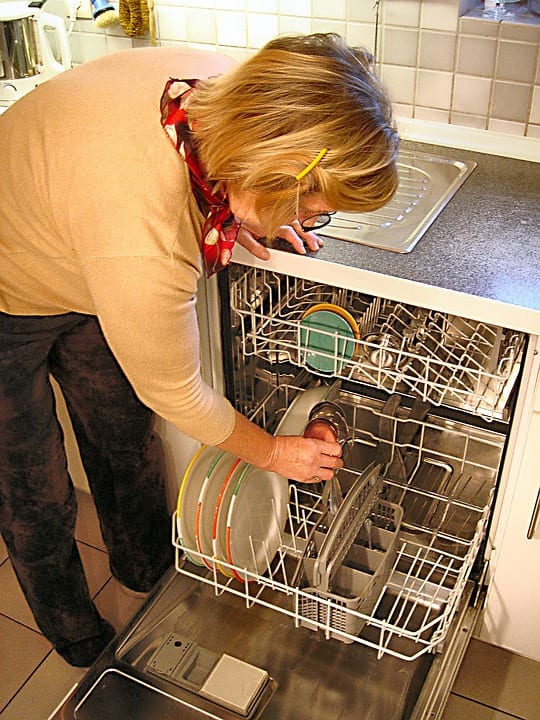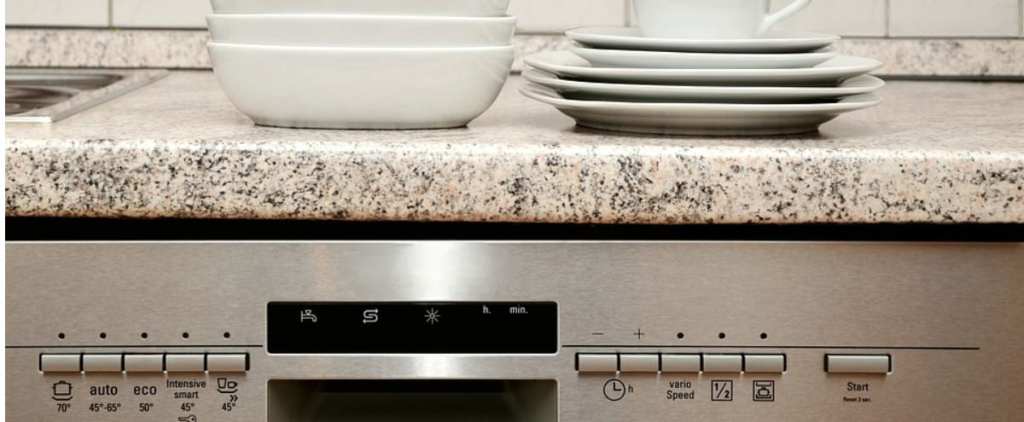Trending Now
My husband and I have disagreed on this point for quite some time – while he spends twenty minutes rinsing all of the dishes clean before loading the dishwasher, it turns out I’m the one who’s right!
Well, this time, anyway…
Here’s why: the dishwasher detergent can’t do its job unless your dishes are dirty.

Photo Credit: Pixabay
The label on detergents like Cascade even warns customers against pre-washing or rinsing because it inhibits their product from working. The product contains enzymes that are designed to latch onto food particles, so, without food, the enzymes have nothing on which to attach.
You should scrape off excess food, of course, but, without the leftover goop, the detergent you shelled out the big bucks for will rinse down the drain without making the required stop on your plates first.
This advice goes double for people with newer dishwasher models – they’re designed with advanced sprayer technology and have sensors that detect how dirty your dishes are, so it doesn’t matter whether you rinse them first or not.

Photo Credit: Cascade
Not only are you wasting your time – up to 230 hours a year – but pre-rinsing wastes water, too, to the tune of 6,000 gallons per year.
While a modern dishwasher uses 3-5 gallons of water per cycle, a hand wash uses between 8 and 27 gallons, along with twice the amount of electricity of your dishwasher to do the same job.
Basically, the only time you might want to pre-rinse is if you’re not going to run the dishwasher right away, but even then, an expert points out that you can load it and run a ‘rinse-only’ cycle while you wait to run a full load.

Photo Credit: Pixabay
Hmm. I never thought of that, but you can bet I’ll be forwarding all of these citations and facts to the hubby right away!
And pouring myself a glass of wine to drink in all of my extra time.






